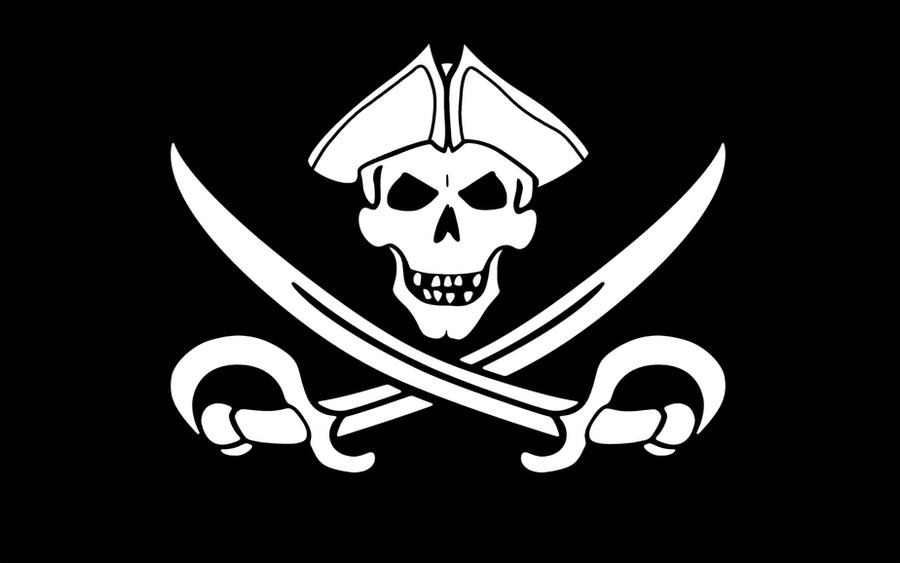
http://www.tankeroperator.com/ViewNews.aspx?NewsID=9078
There is
continuing concern over the number of pirate attacks in the Gulf of
Guinea and Southeast Asia in the first nine months of this year,
according to the latest report from the International Maritime Bureau
(IMB).
A total of 121 incidents of piracy and armed robbery against ships were
reported during the period. The IMB’s third quarter report warned that,
while piracy levels were down, compared to the same period in 2016,
there is continuing concern over attacks in the Gulf of Guinea and in
Southeast Asia.
The increase in attacks off the coast of Venezuela and other security
incidents against vessels off Libya – including an attempted boarding in
the last quarter – highlights the need for vigilance in other areas,
the IMB said.
In total, 92 vessels were boarded, 13 were fired upon, there were 11
attempted attacks and five vessels were hijacked in the nine month
period, according to the report.
No incidents were reported off the coast of Somalia in the last
quarter, although the successful attacks from earlier in the year
suggested that pirates in the area retain the capacity to target
merchant shipping at distances from the coastline.
The four main highlights of the report, were -
1) Malaysia’s success story - One vessel was reported hijacked in 3Q17 when a Thai product tanker was attacked off Pulau Yu in Malaysia in early September.
However, thanks to the prompt intervention of the Malaysian Maritime
Enforcement Agency, 10 hijackers were successfully apprehended and the
tanker was safely escorted to a nearby port. The pirates were quickly
tried and sentenced to long periods of imprisonment.
“The Malaysian response demonstrates exactly the type of speedy and
robust action that is needed to deter such attacks,” said Pottengal
Mukundan, IMB director.
2) Nigeria remains risky - A total of
20 reports involving all vessel types were received for Nigeria, 16 of
which occurred off the coast of Brass, Bonny and Bayelsa.
Guns were reportedly used in 18 of the incidents and vessels were
underway in 17 of 20 reports. Some 39 of the 49 seafarers kidnapped
globally occurred off Nigerian waters in seven separate incidents.
Other crew kidnappings in 2017 were reported 60 nautical miles off the coast of Nigeria.
“In general, all waters in and off Nigeria remain risky, despite
intervention in some cases by the Nigerian Navy. We advise vessels to be
vigilant,” said Mukundan. “The number of attacks in the Gulf of Guinea
could be even higher than our figures as many incidents continue to be
unreported.”
3) An increase in violence off Venezuela - While only three low-level incidents took place in Venezuela during the same period in 2016, the number this year rose to 11.
All the vessels were successfully boarded by robbers armed with guns or
knives and mostly took place at anchorage. Four seafarers were taken
hostage during these incidents, with two assaulted and one injured.
4) Tackling piracy - a team effort - Perhaps
the biggest takeaway of this quarter’s report is the proven importance
of the 24-hour manned IMB Piracy Reporting Centre (PRC), which has
provided the maritime industry, governments and response agencies with
timely and transparent data on piracy and armed robbery incidents
received directly from the vessels or owners, flag states or navies, the
bureau claimed.
The PRC’s prompt forwarding of reports and liaison with response
agencies—using Inmarsat Safety Net Services and email alerts, all free
of charge—has already helped bolster the response against piracy and
armed robbery, keeping seafarers safe.
“One of the strongest weapons triggering the fight against piracy is
accurate statistics,” said Mukundan. “There should be free and
reciprocal sharing of information between the IMB PRC and regional
information centres. With a clearer picture of when and where violent
incidents are taking place, authorities are able to better allocate
their resources to tackle this global issue.”
Maritime charity, Sailors’ Society, said that while the number of
incidents had fallen, compared to the same period in 2016, the report
showed that attacks in the Gulf of Guinea and Southeast Asia were still
an issue and there had been a rise in attacks off the coast of
Venezuela.
The statistics don’t take into account unreported incidents, the charity stressed.
The Sailors’ Society has set up three crisis response networks in
Africa, Asia and Europe to support survivors of piracy attacks and
crises at sea. CEO Stuart Rivers, said: “The fear of piracy is a massive
issue for seafarers. While we are encouraged that incidents of piracy
are generally decreasing, piracy is a still a major concern and any
incident is one too many.
“Survivors of piracy and kidnappings are exposed to violence and
terror, which can have a devastating impact on them and their families
for years to come.
“By coming alongside these survivors and their families, we can work
with other agencies to help them come to terms with what has happened
and give them financial, physical and psychological support to help them
pick up the pieces of their lives.”
No comments:
Post a Comment